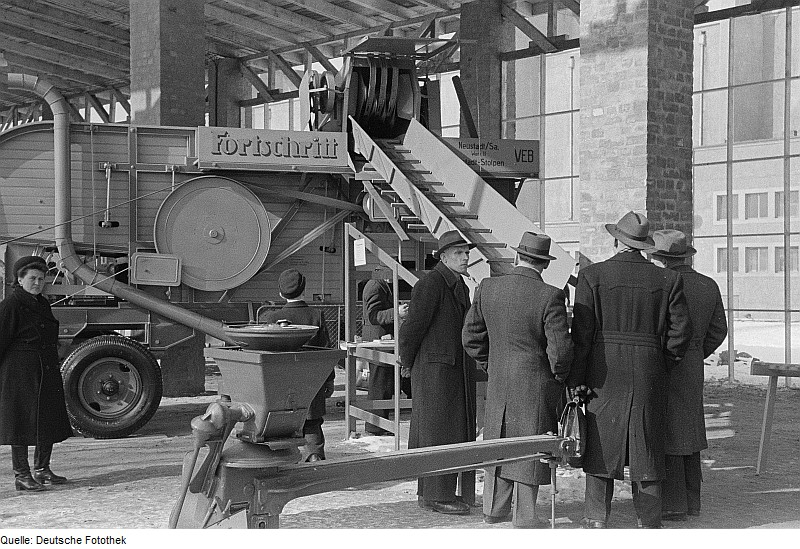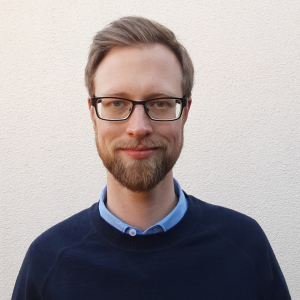PhD project
The project examines the history of the semantics of ‘progress’ (‘Fortschritt’) in German political language in the 20th century. As a central basic concept of modernity, which, following Reinhart Koselleck, embodies a specific new conception of time and history, ‘progress’ formed an important reference for negotiating one’s own and others’ place in society. Claims and attributions as to what constituted ‘progress’ and who could claim to stand for or against it structured political and social conflicts. At the same time, contemporary actors reacted to various experiences of war or crises with the impression that the idea and/or concept of ‘progress’ had become empty or was no longer tenable: for example, in the face of the world wars and the Shoah, colonialism or the ambivalent consequences of technical and industrial modernisation, e.g. in the crises of the 1970s. The project explores this ambivalence of criticism of and obituaries to ‘progress’ on the one hand and its continued use on the other hand, and examines the significance of the semantics of ‘progress’ in their everyday use in the political language of the 20th century: Who used the concept at what time and with what intentions? How was it explicitly or implicitly (re-)defined? What functions did the use of the concept fulfil in political language? To whom were promises of ‘progress’ addressed, who remained excluded from them, and which ideas of order, practices, and ideologies were legitimised with them? In which thematic contexts and discourses did the concept gain particular significance?
To answer these questions, classical hermeneutic methods of historical semantics are combined with quantitative approaches of distant reading. The most important corpora used for this purpose are the debates of the Reichstag and the Bundestag, as well as newspapers and magazines (especially Neues Deutschland). Together with the term 'progress', the semantic field around it will also be examined, including competing concepts, adjacent concepts, and counter-concepts. Based on the quantitative analyses, the project looks at the use of the term in Germany from the Weimar Republic to the 1990s, with case studies focusing on the Federal Republic and the GDR.
The PhD project is part of an investigation of political-social concepts of time and process and is funded within the framework of the collaborative project "The 20th Century in Basic Concepts. A Dictionary of Historical Semantics in Germany", which is carried out jointly by the Leibniz-Zentrum für Literatur- und Kulturforschung in Berlin, the Leibniz-Institute für Deutsche Sprache in Mannheim and the ZZF. The head researcher of the ZZF project is Rüdiger Graf.


